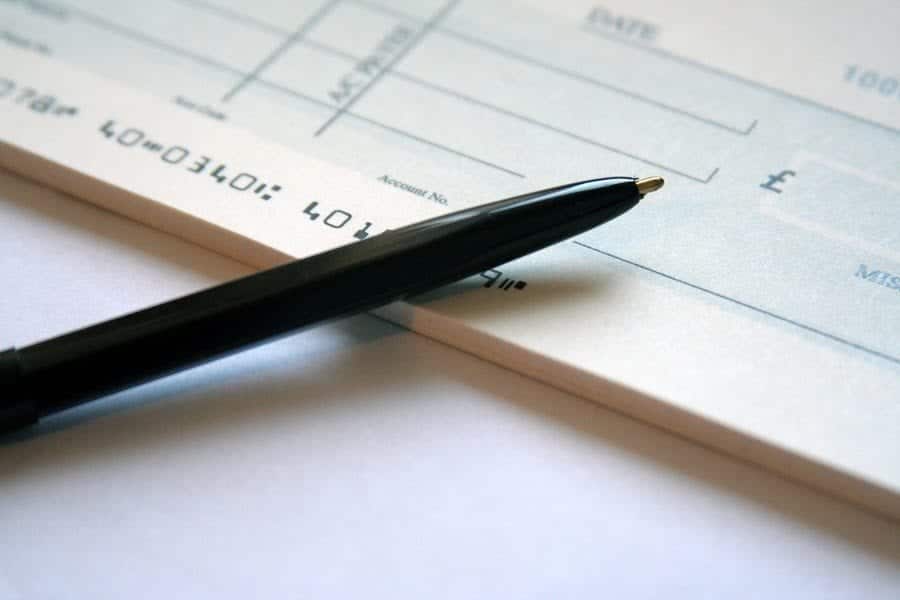Bankruptcy and divorce can often go hand in hand, especially when the breakdown of a marriage was spurred by financial issues. When a divorcée files for bankruptcy, questions often arise as to how this filing will affect financial obligations such as alimony and child support. It is important for individuals who have recently filed for bankruptcy to take the necessary steps to gain financial stability while not being held in contempt of a court order. If you have recently filed for bankruptcy but still have an obligation to pay child support, our Philadelphia bankruptcy attorneys can help you explore what your options are going forward.

How Does Chapter 7 Bankruptcy Affect Child Support?
If an individual files for Chapter 7 bankruptcy, or “liquidation,” that person (called the “debtor”) is able to get rid of most debts and start fresh. For example, debtors in this type of bankruptcy experience an “automatic stay” that temporarily halts debt collection activity. However, child support actions are not part of this stay.
Put simply, the Chapter 7 process allows for the debtor’s assets to be sold, with exceptions. A bankruptcy trustee is appointed, and he or she:
- Sells the debtor’s assets.
- Collects all property that is not exempt.
- Distributes the proceeds from that sale to creditors.
In many cases, a debtor’s personal property – such as cars, equity in real estate, bank accounts, and retirement accounts – are exempt from this process. Liquidation helps to pay off creditors, and the debtor is ultimately free from part of his or her debt.
All unsecured debts, such as medical bills, credit cards, personal loans and utility bills, may be wiped out (“discharged”). However, there are certain debts that are unable to be discharged in a Chapter 7 bankruptcy, called “non-dischargeable debts.” Child support obligations are non-dischargeable in Chapter 7 cases.
While Chapter 7 bankruptcy allows for many people to wipe their slate clean and start fresh, parents with child support payments are not off the hook. Certain debts are considered “priority debts” in this type of bankruptcy. Some of these include alimony, most student loans, court-ordered fines, and, as stated, child support. Thus, even though most debts might be discharged, the responsibility to pay child support is ongoing, and the debtor is subject to a lawsuit to collect these funds if payments are missed. The Philadelphia Chapter 7 lawyers of Sadek Bankruptcy Law Offices can guide you in this process if you are considering liquidation.

Chapter 13 Bankruptcy and Child Support Obligations
After an individual files for Chapter 13 bankruptcy, the debtor is then placed on a court-approved repayment plan to satisfy their debts. This allows a debtor to keep all of their property while repaying creditors monthly by way of future earnings and income.
The repayment plan typically lasts three to five years, and, if the terms of the plan are followed, the debtor’s dischargeable debts will be paid off at the end of the plan. Filing for a Chapter 13 bankruptcy can help pay back taxes, prevent home foreclosure, keep valuable non-exempt property, make up missed car payments, and stop interest from accruing on a debtor’s federal or Pennsylvania tax debt. To file for this type of bankruptcy, a debtor must have a regular source of income as well as some disposable income. Our Philadelphia Chapter 13 bankruptcy attorneys can help you file properly.
Past-due child support arrears may be included in a Chapter 13 bankruptcy repayment plan. Similar to Chapter 7 bankruptcy, child support in a Chapter 13 bankruptcy is considered a priority debt. Thus, it must be paid off over the life of the plan. An individual must show that he or she is current on child support obligations and that past arrears have been paid off in order for the court to discharge any debts.
Filing for Chapter 13 bankruptcy is often the ideal choice for debtors who have child support obligations to fulfill. In a Chapter 7 bankruptcy, the automatic stay does not protect child support debt from being collected from property that is not part of the bankruptcy estate. On the other hand, in a Chapter 13 bankruptcy, a debtor’s earnings are considered part of the bankruptcy estate. Therefore, a creditor who wishes to collect child support from a debtor’s post-bankruptcy earnings must obtain court permission by filing a motion for relief of stay.
As a public policy matter, child support is considered a priority debt because it is the government’s viewpoint that providing for children and their daily living expenses takes precedence over money borrowed from creditors. In short, it is important that individuals who plan to file for bankruptcy understand which types of bankruptcy in Pennsylvania will be most effective in paying off their debts to creditors while also fulfilling family obligations.
Philadelphia Bankruptcy Lawyers Can Help with Debt Relief
To learn more about your best options for filing for bankruptcy, paying arrears, and staying current on child support, call Sadek Bankruptcy Law Offices, LLC at (215)-545-0008 for a free consultation with one of our experienced bankruptcy attorneys. Our Pennsylvania bankruptcy law firm has handled thousands of cases, and we understand the nuances that accompany cases where bankruptcy and divorce are intertwined.





